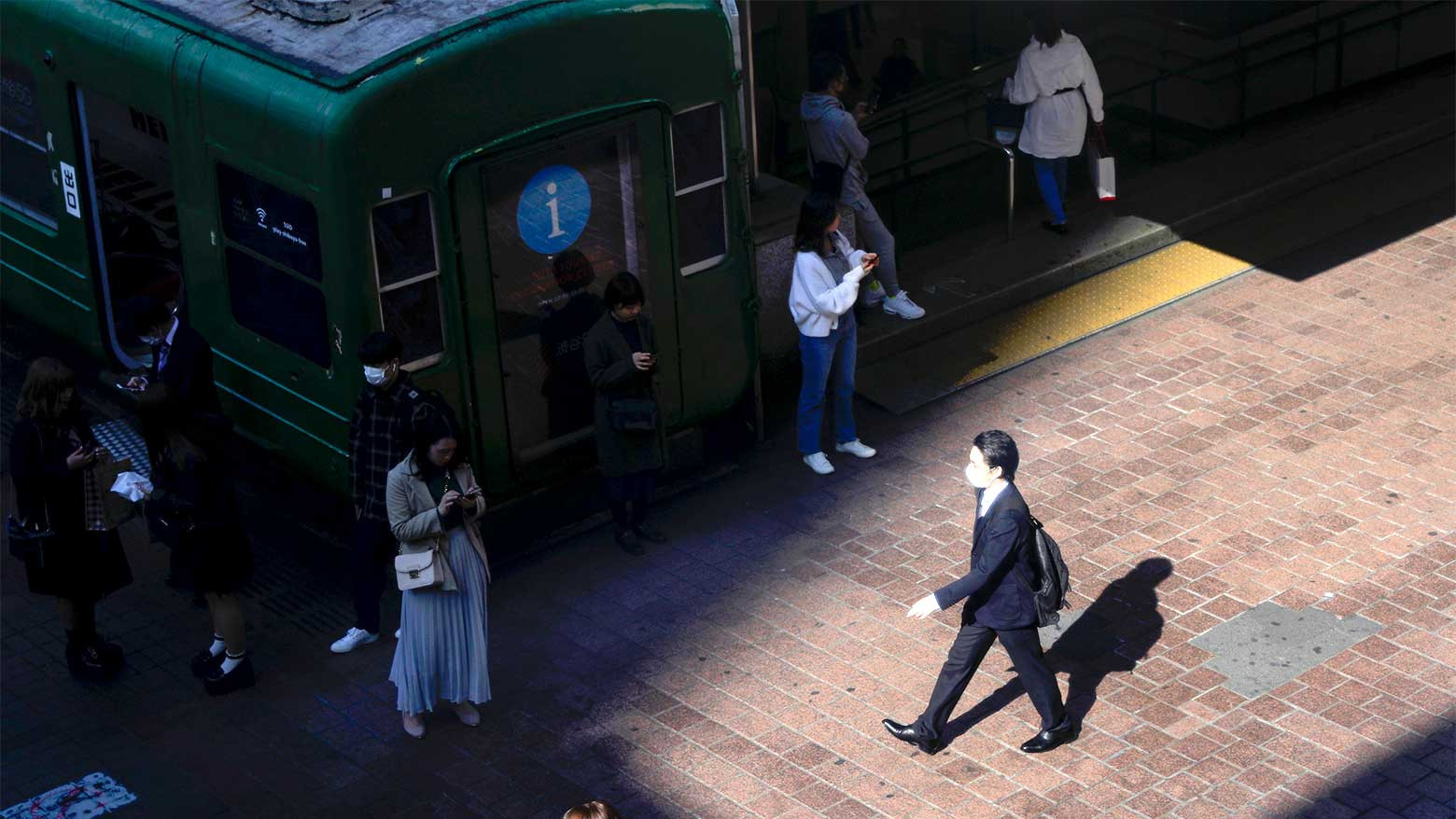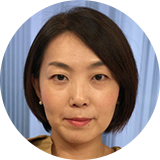For more than three months, Iwate in northern Japan was the last remaining prefecture in the country to have zero confirmed cases of the coronavirus. But this title only made it worse when the first case finally appeared.
On July 29, local authorities announced that a man in his 40s was showing symptoms of the virus after returning from a campsite near Tokyo, the area with the highest infection numbers. When people heard how he got infected, there was outrage.
"Camping in that region at this time of year is stupid, thoughtless, and disrespectful of many people's lives," tweeted one person.
"I've found his name and address," tweeted another. And soon the social networking sites were filled with anger and accusations directed at the man in question.
His employer became a target, too. Officials at the gas company he works for say that when they announced on their website that an employee had tested positive, the system's servers crashed and stayed down for a couple of days because so many people were trying to access the site.
Though the company explained that the patient was not engaged in outside work with customers, they were inundated with emails and phone calls. The company says about 20% to 30% of the messages was abusive, about 50% was serious criticism of the company, and the rest was supportive.
"Some people took issue with the fact that he went camping outside the prefecture as the virus was spreading, and some questioned the nature of our employee training," says an official with the company. "It was as if their frustration from the prolonged self-restraint due to the pandemic was directed entirely at us."
The official says the stress has been getting to their other employees, as rumors swirl about infections at the company, and one employee's wife was asked to take a PCR test by her employer, even though her husband had no close contact with the patient.
Local government tackling discrimination
Officials in Nasushiobara City, Tochigi Prefecture, just north of Tokyo, say residents whose cars have non-Tochigi license number plates are being targeted. Angry residents are telling them to leave the area, and even throwing plastic bottles at them because they're worried someone will bring the virus into their city. One official says they held a consultation with a nursing home worker who was worried about damage to the home's reputation after they accepted a resident who had recovered from the virus.
Isono Maho, a medical anthropologist who writes about medical care says people who attack coronavirus patients are feeling that their safe havens are being disturbed by people with weaker ethics, and that's building an atmosphere of hatred.
Isono says she's worried about patients who tested positive and have apologized for causing problems even though many of them showed no symptoms. "Japanese people traditionally tend to stay silent or hide when they face discrimination," she says. But Isono believes that anyone who has faced these social sanctions should have the strength to speak up and say, "that's not right." She also says society should have a way of protecting those who raise their voices. She says the problem is that discrimination takes place even when the government and other authorities call for it to stop.
Nasushiobara officials are planning to submit a draft ordinance to the city council in September that would oblige the city to provide counseling and support for coronavirus patients and demand that employers take measures to prevent violating the rights of sufferers and their families.
The national government has set up a working group this month to discuss how to strike a balance between respecting the privacy of patients and preventing the spread of the virus.
The Iwate Prefecture gas company says its employee is now recovering and they are providing mental health care for him and his family. And the acrimony appears to be dying down. Company workers and the patient are now receiving more words of encouragement from other citizens.
In early August, the company received flowers from an anonymous person. The message read: "I would like to send flowers to you rather than spreading malicious gossip."

